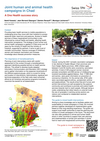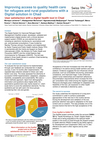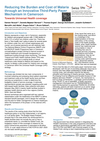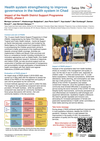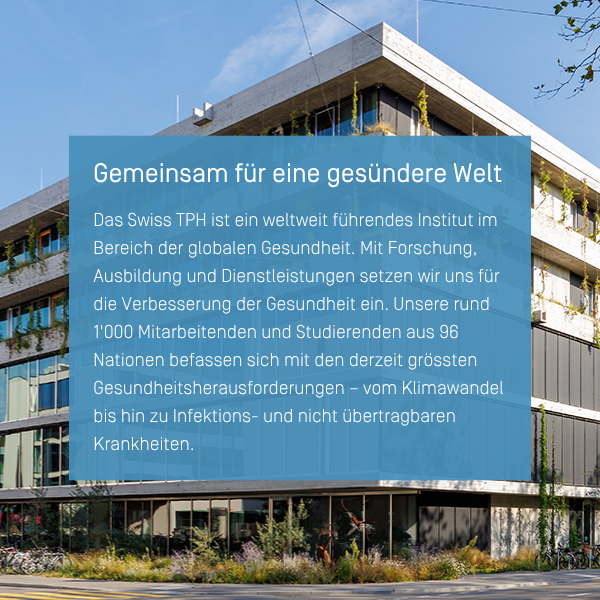

Geneva Health Forum Events in Collaboration with Swiss TPH
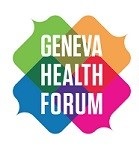
As an integral partner of the Geneva Health Forum (GHF), Swiss TPH collaborates regularly on GHF events and exchanges bringing together key global public health actors and specialists. We welcome you to participate and join the discussions on burning topics affecting the health and well-being of populations all over the world.
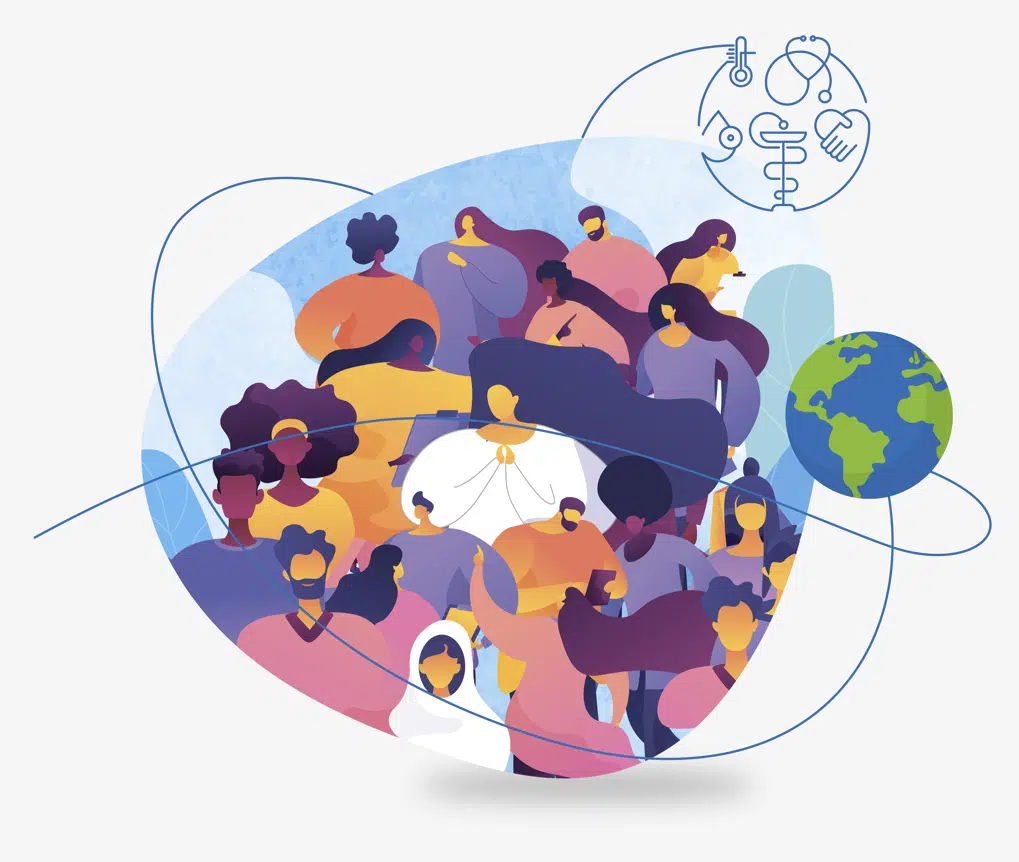
Geneva Health Forum 2024: Health, a Common Good
Universal healthcare coverage stands prominently among the World Health Organization’s (WHO) three strategic priorities. The rise in health disparities worldwide underscores the inadequacy of relying solely on market mechanisms to ensure access to healthcare. In response, the WHO is advocating for the development of “common goods for health,” which encompass population-based functions or interventions demanding collective financing, whether by governments or donors.
Beyond the realm of healthcare, adopting a perspective of health as a common good compels us to explore not only issues of healthcare access but also community engagement. It challenges us to transcend the boundaries of the healthcare system and consider the social and environmental determinants of health.
With these considerations in mind, the Geneva Health Forum (GHF) proposes to delve into these concepts within three pivotal domains:
- Health and Environment: A Time for Solutions
- Migration, Health, and Equity
- Towards the Elimination of Malaria
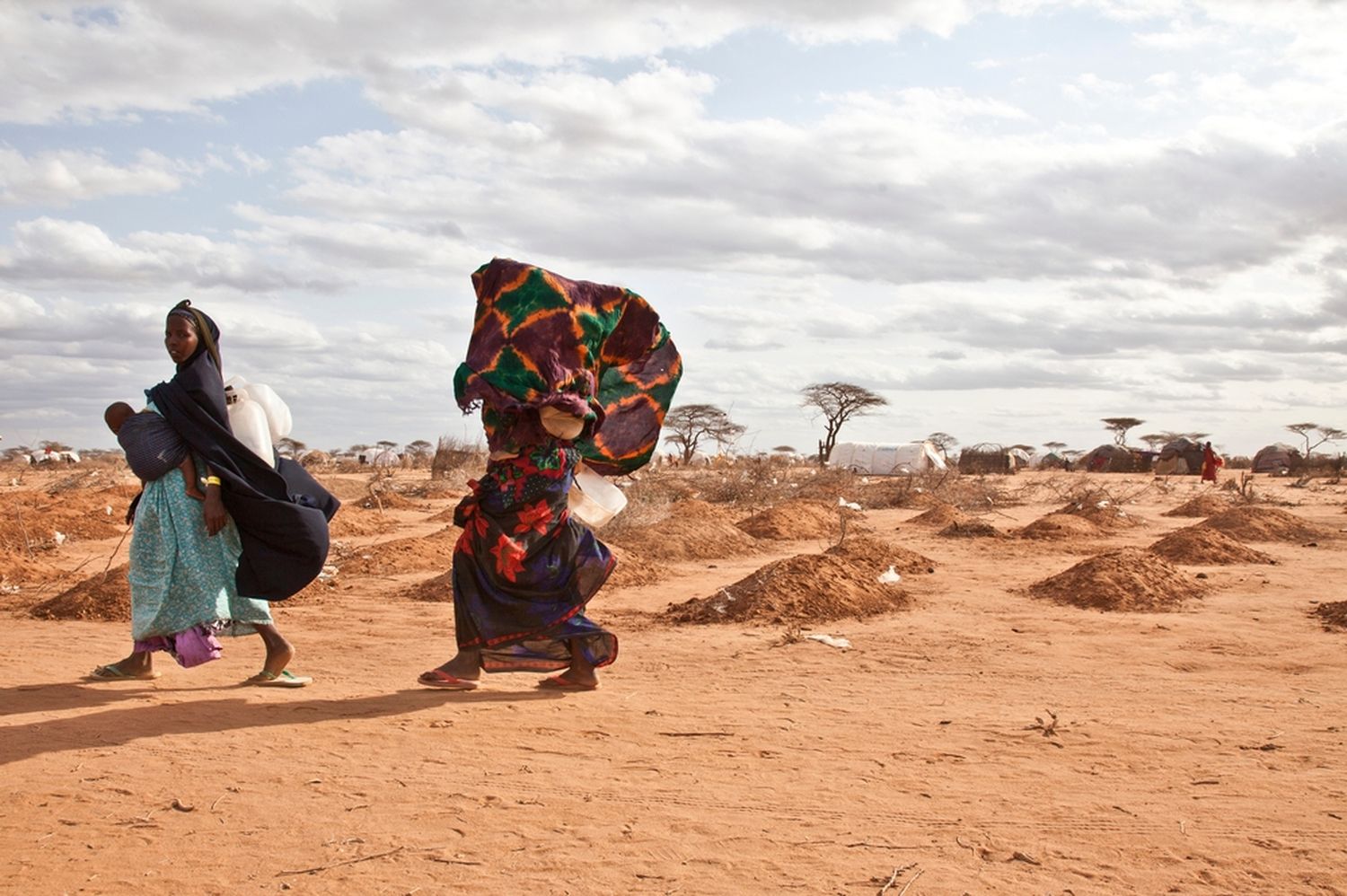
Covid-19 Pandemic and Environmental Emergency: Reinventing Global Health in Times of Global Changes
The Covid-19 pandemic has shed light on our fragility as societies to zoonoses, illnesses that appear among the animal world and that can spread to human beings. Zoonoses are more likely to spread to humans in a context of loss of biodiversity, fragility of ecosystems, deforestation, urbanisation, etc. At the same time, pollution is growing and having more and more an impact on our health. Climate change is fostering unprecedented crises such as draughts, floods, fires, heat waves, being the cause of potential humanitarian disasters, destabilization, conflicts and migrations. Our health is intrinsically linked to the health of the environment and the Geneva Health Forum will offer a platform to discuss the immense challenges that are linked to the intertwinement of human, animal and environmental health.
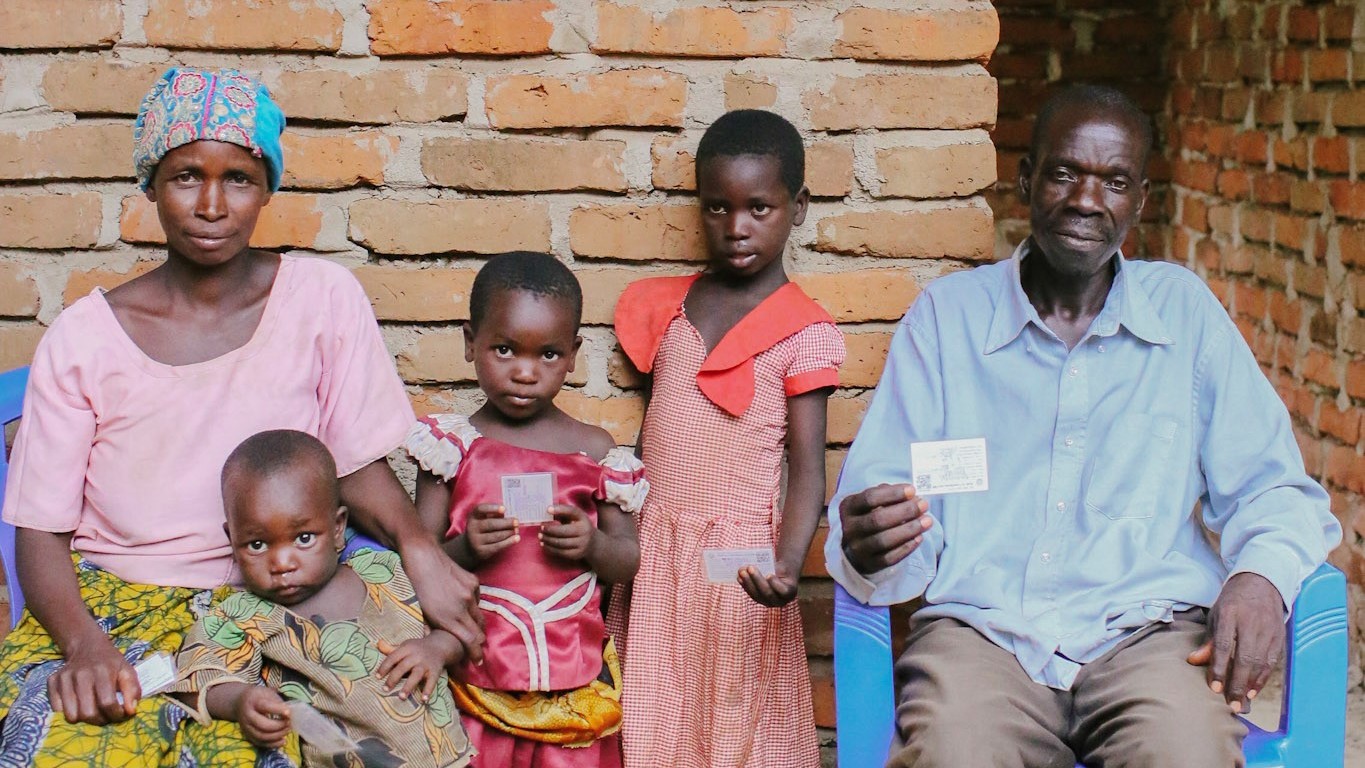
Improving Health Insurance Coverage in LMICs
In recent years, Low and Middle Income Countries (LMICs) governmental and non-governmental schemes have applied a range of measures including regulations on health insurance, utilization of new technologies, developing communication strategies, and making health insurance compulsory. They strive to increase outreach to the entire population.
Join us to identify and discuss the main obstacles to inclusive health insurance in LMICs and the broader question of financial access to quality care in a sustainable way. We will question:
- Availability of “Insurable” Health Services
- Challenges linked to Insurance financial mechanisms
- Attractiveness of health care services for the future insured
Speakers
- Bruno Galland, former Director of Health Systems and Social Protection Department of the “Centre International de Développement et de Recherche”
- Joseph Kutzin, Acting Director, Health Systems Governance and Financing, World Health Organization
- Pascal Ndiaye, Social Protection Adviser at Louvain Cooperation
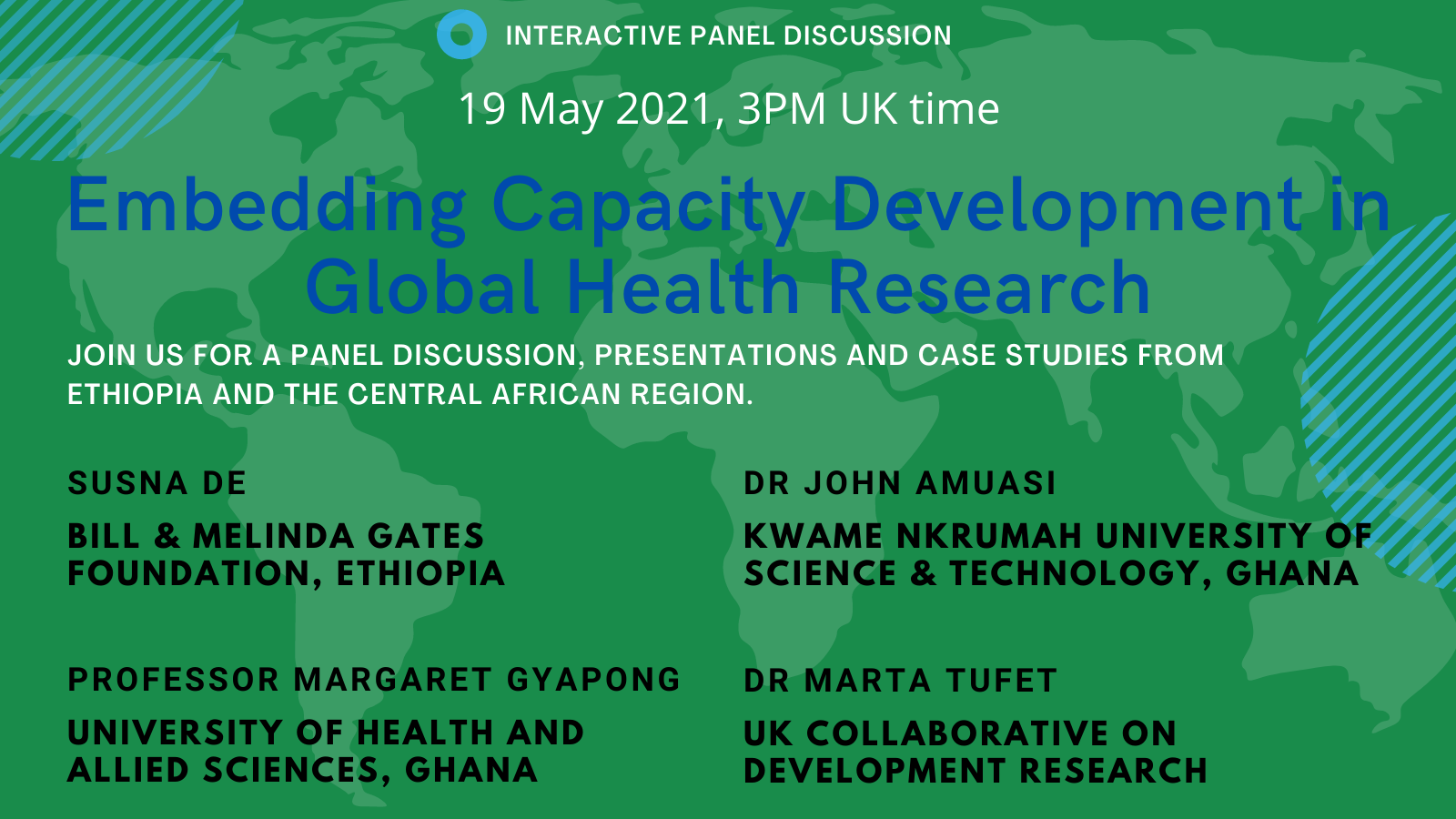
Embedding Capacity Development within Global Health Research
Aim and concept
The aim of this one-hour session is to inspire participants to embed capacity development within global health research, building on the BMJ Global Health commentary (1).
The session will include speed talks and short videos followed by a round table discussion. The session will focus on two case studies of embedding PhDs for African researchers at African universities within global health research and development programs. The first case study is about improving utilisation of community-based child health services in Ethiopia, with ten linked PhDs in four regional Ethiopian universities. This five-year project – named ‘Dagu’ – is funded by the Bill & Melinda Gates foundation. The second case study is about control of neglected tropical diseases (NTDs) in the Central African Region (Cameroun, Chad, Central African Republic, Republic of Congo, Gabon, and Equatorial Guinea), with 19 linked PhDs registered at universities in the project countries. Complementary investments strengthen NTD control in the region. This four-year project is led by OCEAC (l’Organisation de Coordination pour la lutte contre les Endémies en Afrique Centrale) and funded by the German Ministry for Cooperation through the development bank KfW.
Programme
60 minutes in total: 5 minutes introduction, 25 minutes case-studies, 30 minutes panel discussion
Ethiopia case study (pre-recorded according to need):
The research [design, findings, implications] 5 minutes [DB]
The embedded capacity development [overview] 5 minutes [LAP]
Central African Region case study (pre-recorded according to need):
Overview of the programme: 5 minutes [BS or colleague from OCEAC]
Perspective of PhD supervisors: 5 minutes [AAA]
Views from PhD students from both programmes
[Pre-recorded video] 5 minutes
Round table -- 30 minutes, 16 for panellist comments, 14 for discussion [PB, CR, JA, AAM, MG]
Participants
Presenters:
- Dr Della Berhanu, LSHTM (based at Ethiopian Public Health Institute, Addis Ababa) della.berhanu@lshtm.ac.uk [DB]
- Professor Lars-Ake Persson, LSHTM lars.persson@lshtm.ac.uk [LAP]
- Dr Bonaventure Savadogo (Swiss Tropical and Public Health Institute, Yaoundé) bonaventure.savadogo@swisstph.ch [BS]
- Professor Ayola Akim Adegnika, PhD supervisor and project expert committee (CERMEL / Tübingen university) aadegnika@gmail.com [AAA]
- PhD students from Central African Region and from Mekelle, Gondar, Jimma and Hawassa Universities, Ethiopia (videos)
Round table participants :
- Dr John Amuasi (Kwame Nkrumah University of Science & Technology, Kumasi, Ghana, and Executive Director African Research Network for NTDs) amuasi@kccr.de, john.amuasi@arntd.org [JA]
- Susna De (Bill & Melinda Gates Foundation, Seattle)
- Marta Tufet (UK Collaborative on Development Research, London)
- John Amuasi (Kwame Nkrumah University of Science and Technology School of Public Health, Ghana)
- Professor Margaret Gyapong (Centre for Health Policy and Implementation Research, University of Health and Allied Sciences, Ghana) [MG].
Overall session chairs:
- Joanna Schellenberg (LSHTM) joanna.schellenberg@lshtm.ac.uk [JS]
- Peter Steinmann (Swiss TPH) peter.steinmann@swisstph.ch [PS]
Communications: Noreen Seyerl (LSHTM) noreen.seyerl@lshtm.ac.uk
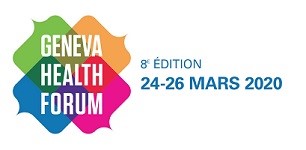
Geneva Health Forum 2020
Tuesday 17 November 2020
09:30-10:30: Is Digital Health a Prerequisite for Achieving Universal Health Coverage (UHC)? - Riccardo Lampariello, Head of Health program, Terre des Hommes, Bernardo Mariano, Director of WHO's Department of Digital health and Innovation, World Health Organization (WHO), David Stewart, Associate Director, International Council of Nurses (ICN), Maguette Thioro Ndong, Technical Advisor, Digital Health Solutions, Digital Square at Path, Kaspar Wyss, Deputy Director, Swiss TPH
